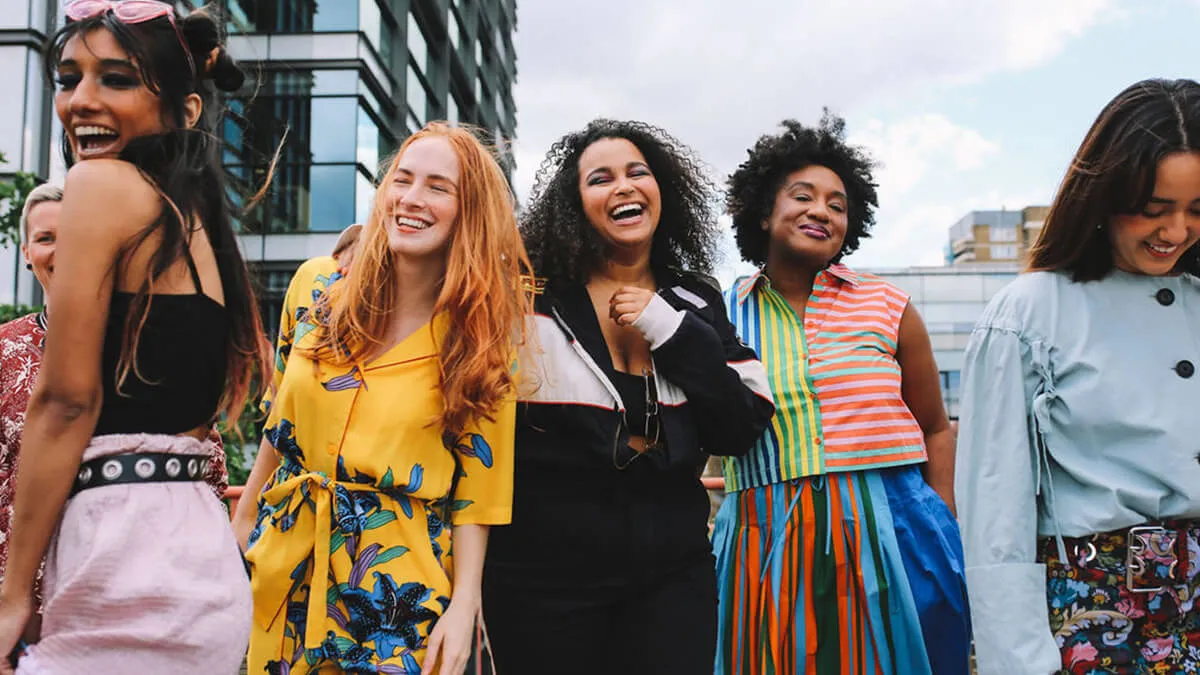In recent years, there has been a noticeable shift in consumer behavior, particularly among millennials, towards sustainable fashion choices. This rising trend reflects a growing awareness of environmental and social issues associated with the fashion industry, prompting individuals to seek out clothing options that are both stylish and ethically produced. In this article, we will explore the factors driving the popularity of sustainable fashion among millennials and its broader implications for the industry.
Understanding Sustainable Fashion:
Sustainable fashion encompasses various practices aimed at reducing the environmental and social impact of clothing production and consumption. This includes using eco-friendly materials such as organic cotton, recycled polyester, and bamboo fibers, as well as adopting ethical manufacturing processes that prioritize fair wages and safe working conditions for garment workers. Additionally, sustainable fashion promotes practices such as recycling, upcycling, and minimizing waste throughout the supply chain.
Millennials Leading the Way:
Millennials, generally defined as individuals born between the early 1980s and mid-1990s, have emerged as key drivers of the sustainable fashion movement. Known for their strong social and environmental consciousness, millennials are increasingly seeking out brands that align with their values of sustainability and transparency. According to studies, a significant percentage of millennials are willing to pay more for clothing from brands that demonstrate a commitment to ethical and eco-friendly practices.
Influence of Digital Media:
The rise of digital media platforms and social networking sites has played a significant role in popularizing sustainable fashion among millennials. Influencers and bloggers who promote ethical and eco-friendly clothing options have amassed large followings, influencing consumer preferences and purchasing decisions. Social media platforms serve as powerful tools for raising awareness about sustainable fashion brands and initiatives, facilitating conversations about conscious consumption and environmental stewardship.
Demand for Transparency and Accountability:
Millennials are increasingly demanding transparency and accountability from fashion brands regarding their sourcing, manufacturing, and labor practices. They expect companies to provide clear information about the environmental and social impact of their products, as well as to demonstrate a commitment to sustainability throughout their operations. Brands that prioritize transparency and ethical practices stand to gain favor with millennial consumers who value authenticity and integrity.
Challenges and Opportunities:
While the rise of sustainable fashion presents opportunities for positive change within the industry, it also poses challenges for brands accustomed to conventional business models. Implementing sustainable practices often requires significant investments in research, development, and infrastructure, which may impact profit margins in the short term. However, brands that successfully embrace sustainability can differentiate themselves in a crowded market, attract a loyal customer base, and future-proof their businesses against evolving consumer preferences.
Conclusion:
The rising trend of sustainable fashion among millennials reflects a broader shift towards conscious consumerism and a desire for more ethical and environmentally responsible choices. As millennials continue to wield significant influence in the marketplace, fashion brands must adapt to meet their evolving expectations and values. By embracing sustainability and transparency, brands can not only meet the demands of today’s consumers but also contribute to a more equitable and sustainable future for the fashion industry as a whole.
With this article, we’ve delved into the rising trend of sustainable fashion among millennials, exploring its drivers, implications, and the opportunities it presents for the fashion industry.
